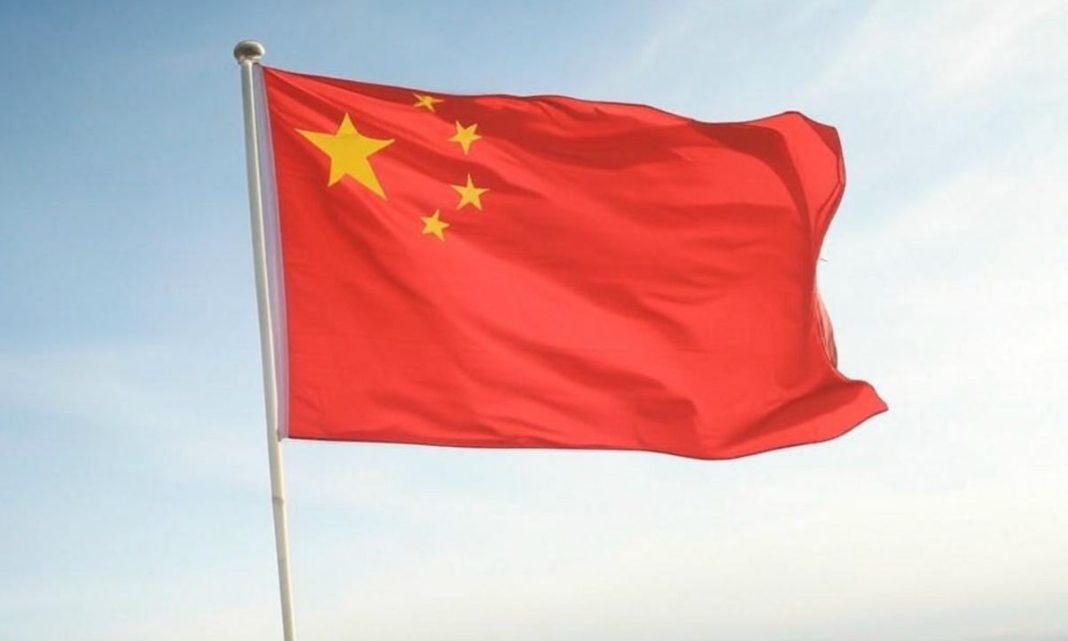Safeguarding American Agriculture: Iowa’s Legislative Push
In Iowa, a powerhouse of U.S. food production, lawmakers are weighing a bill to shield a key herbicide manufacturer from legal battles, spotlighting the critical need to preserve American jobs and industry. Senate File 394 aims to protect Bayer AG, the maker of Roundup, from “failure to warn” lawsuits by affirming that EPA-approved warning labels suffice.
This move comes as Bayer faces an onslaught of litigation over glyphosate, the herbicide’s active ingredient, which some claim causes cancer despite conflicting scientific evidence. The legislation highlights the importance of maintaining domestic agricultural production to ensure food security and economic stability.
Bayer’s CEO, Bill Anderson, has warned of an “existential” crisis, noting that escalating lawsuit costs could force the company to halt Roundup sales in the U.S. Such a decision, per the Wall Street Journal, would increase reliance on Chinese-made glyphosate, which dominates global production.
Kip Tom, a farmer and former U.S. ambassador, emphasized the risks: “If Bayer stops producing in the United States, we will be subject to Chinese glyphosate, and, quite frankly, I don’t even know what it contains besides glyphosate. They could be putting other inert ingredients in there. It puts our own national and food security at risk.”
Foreign Influence in Environmental Lobbying
Opposing the bill is a coalition of environmental groups, including the Iowa Environmental Council, which deployed seven lobbyists against SF 394 in February.
The council, presenting itself as a “nonpartisan alliance,” has received substantial funding from the Energy Foundation, a green nonprofit with ties to the Chinese Communist Party. Between 2015 and 2023, the Energy Foundation provided millions to the council, peaking at 52% of its revenue in 2019.
The Energy Foundation’s leadership, including former CEO Ji Zou, a prior Chinese government official, and its history of funding China’s energy infrastructure, raise concerns about foreign influence in U.S. policy debates.
Eric Heitz, co-founder of the Energy Foundation, once boasted that the group helped China become the “largest market and manufacturer for wind and solar” globally. The Environmental Law and Policy Center, another opponent of SF 394, also received over $3.1 million from the Energy Foundation between 2015 and 2019.
These financial ties highlight a pattern of Chinese-linked funding flowing to U.S. environmental groups, potentially undermining American industries like agriculture that employ millions and anchor rural economies.
Balancing Health Concerns and Economic Stakes
The debate over SF 394 is fraught with scientific uncertainty about glyphosate’s safety. While the EPA and other global health authorities deem it safe, the World Health Organization’s 2015 report labeled it “probably carcinogenic,” and a 2019 study linked it to non-Hodgkin lymphoma.
Critics argue that industry-funded studies downplay risks, urging stronger warning labels.
State Sen. Adrian Dickey defends the bill, clarifying its scope: “Today’s bill is not preventing anyone from suing a company if they feel the product causes cancer. It’s simply commonsense legislation that states that you cannot sue a company for having a label on a product when the federal government doesn’t allow the label to be on the product.”
The stakes extend beyond Iowa. If Bayer curtails U.S. production, the ripple effects could jeopardize American farmers’ access to reliable supplies, ceding market control to China, which some accuse of dumping glyphosate at below-market prices to weaken U.S. producers.
Protecting Bayer’s operations preserves not just jobs but the autonomy of an industry vital to national security.
As Health and Human Services Secretary Robert F. Kennedy Jr. pushes to reduce pesticide use, the future of glyphosate—and the U.S. agricultural sector—hangs in the balance, making Iowa’s legislative fight a pivotal moment for American industry.
How reliant should U.S. agriculture be with China? Let us know what you think in the comments down below!


Glyphosate isn’t “probably carcinogenic “. It is definitely carcinogenic. It should be banned. In addition, all CCP products should be banned from the US until China renounces its 1964 statement that their foreign policy is to take over all of North America. They already have Canada and China. Only war can resolve China’s bad behavior.